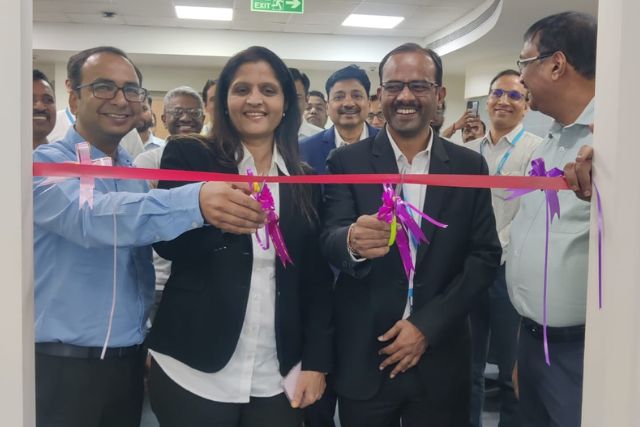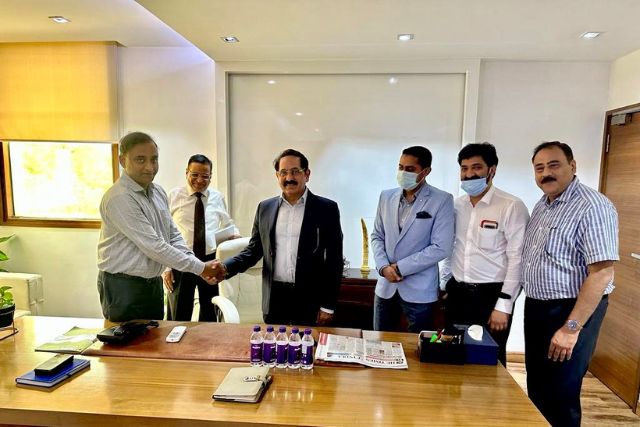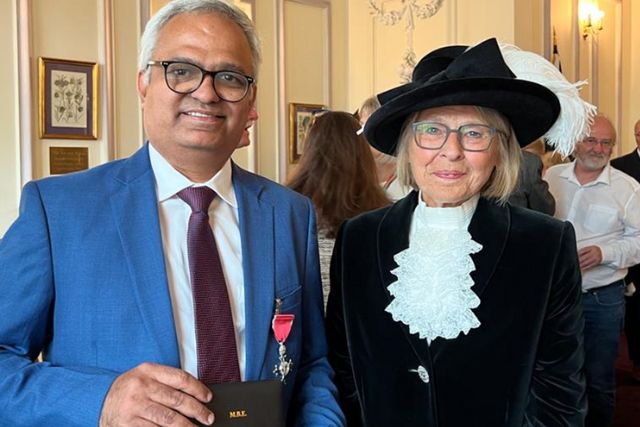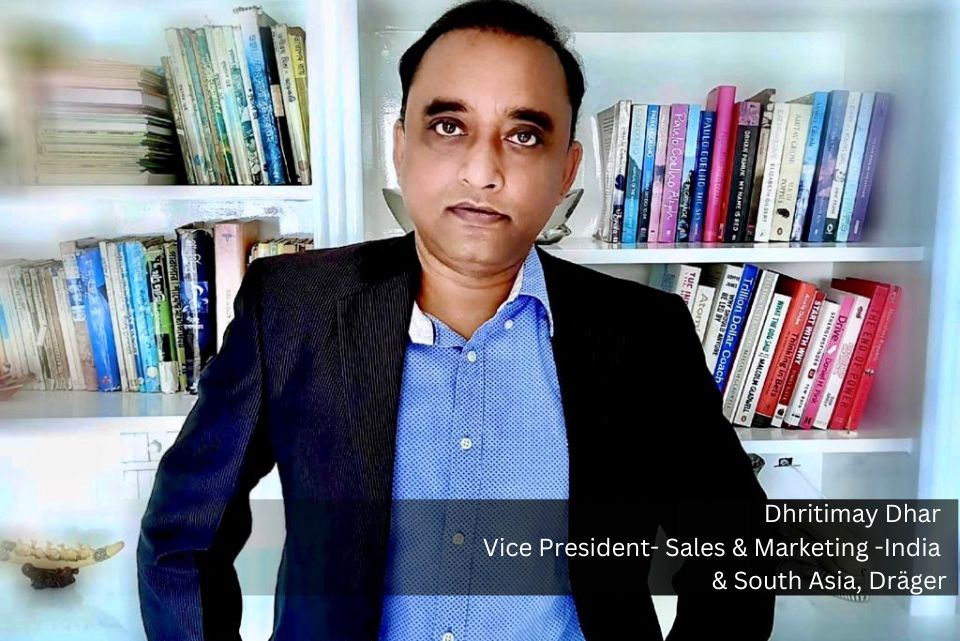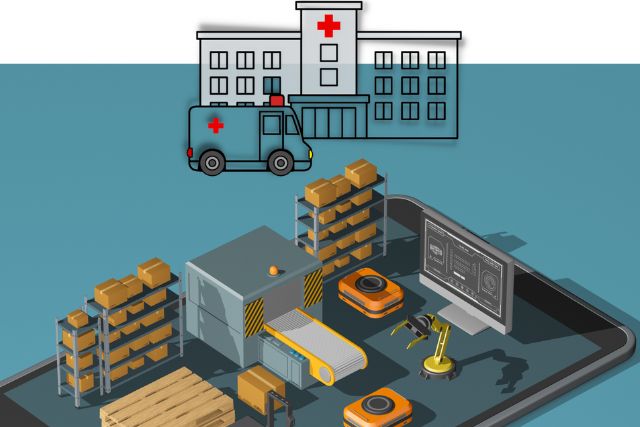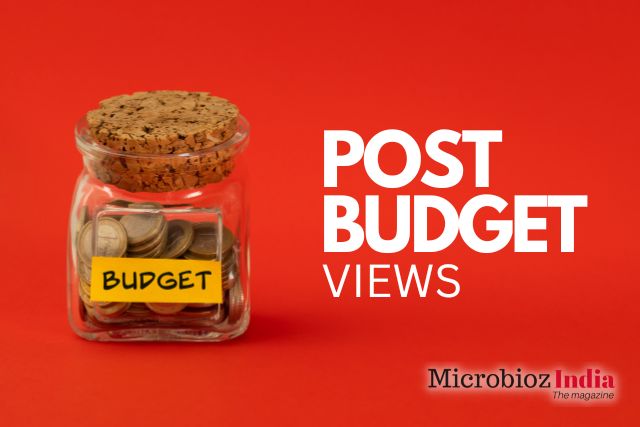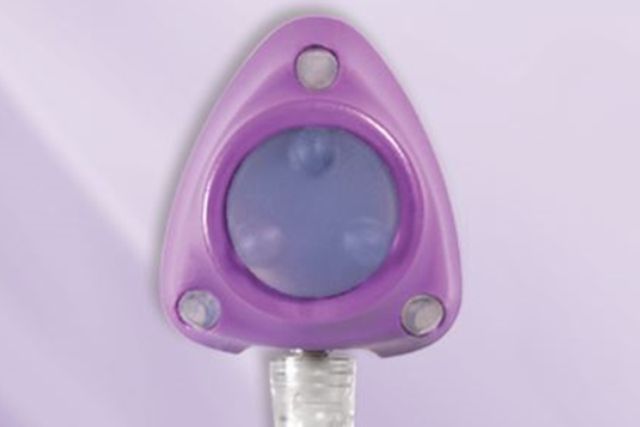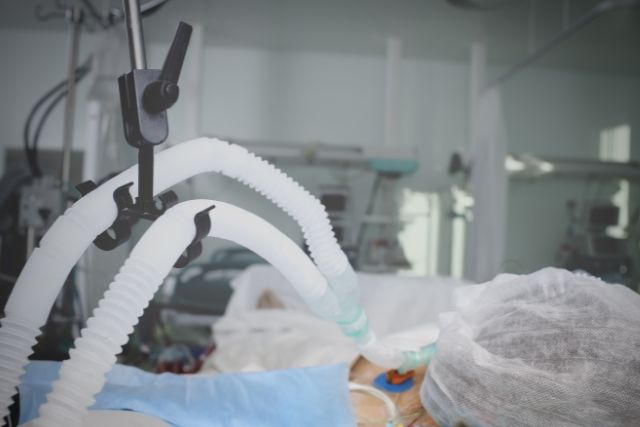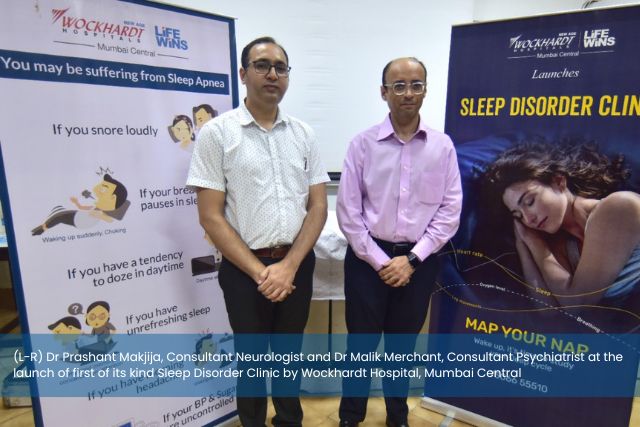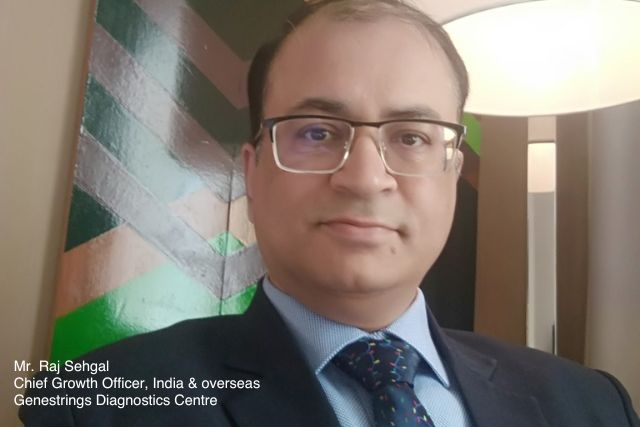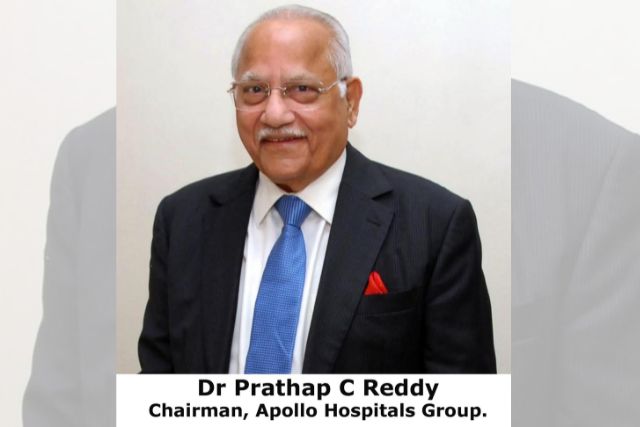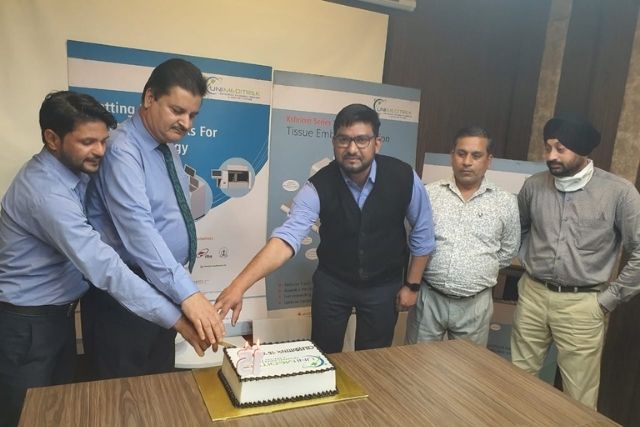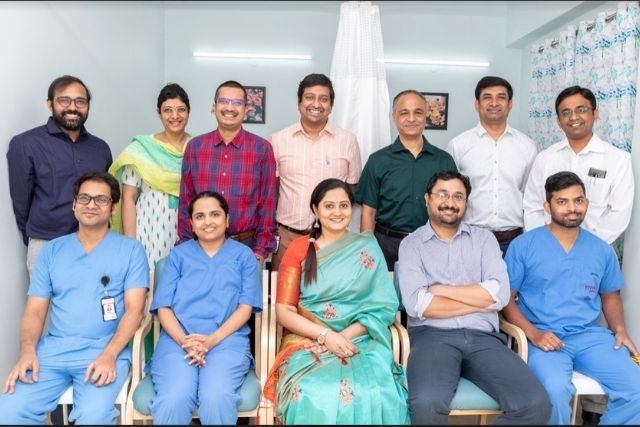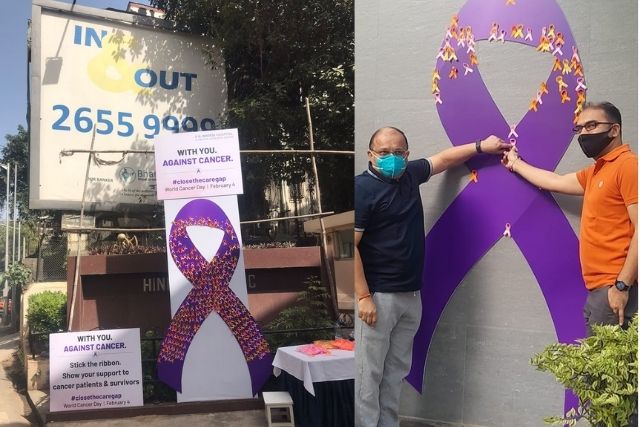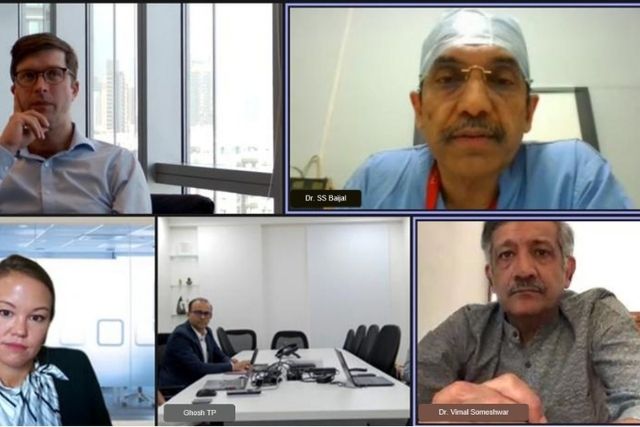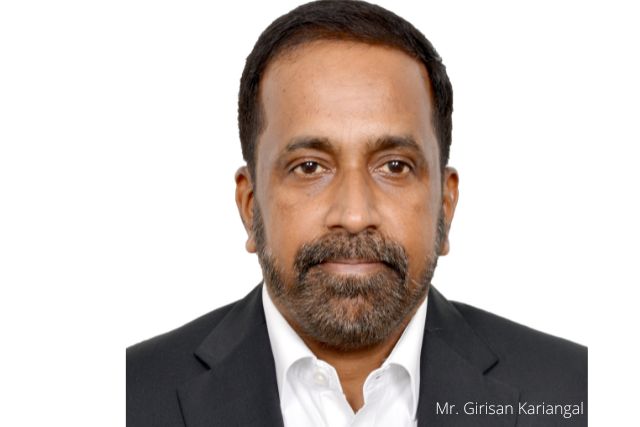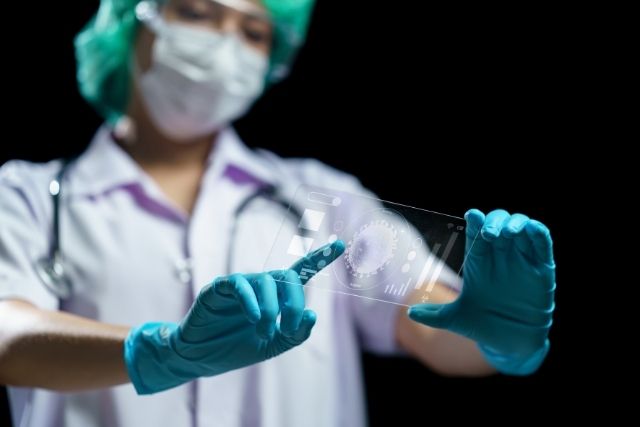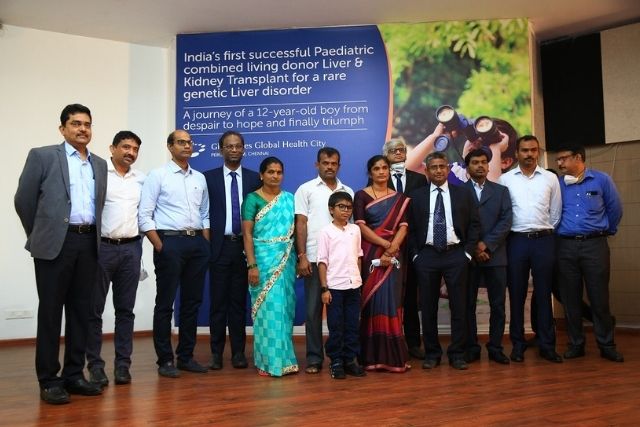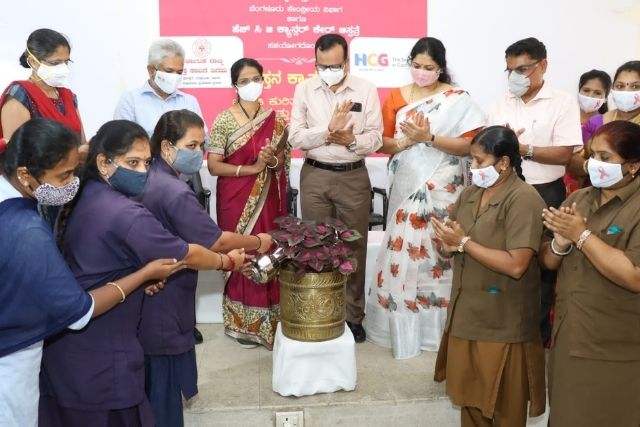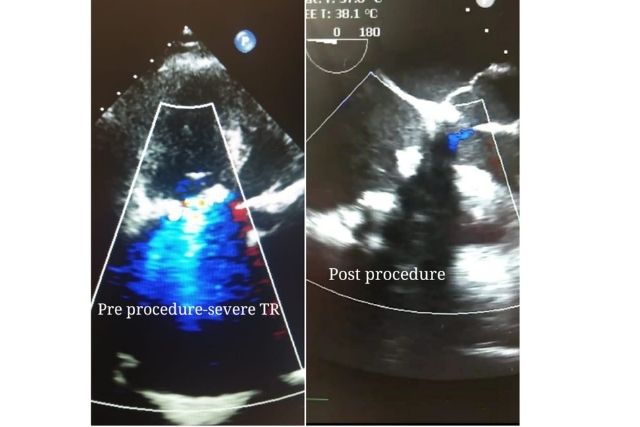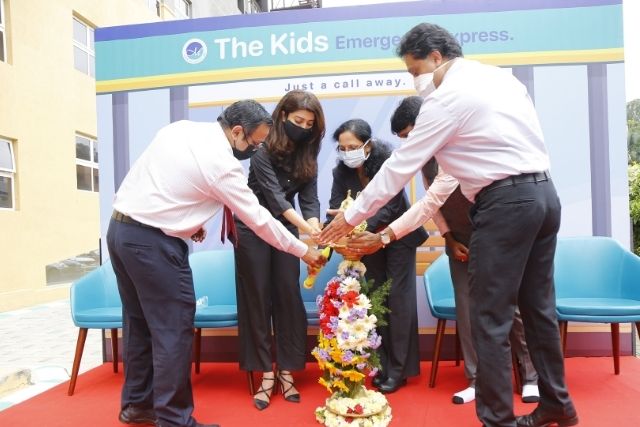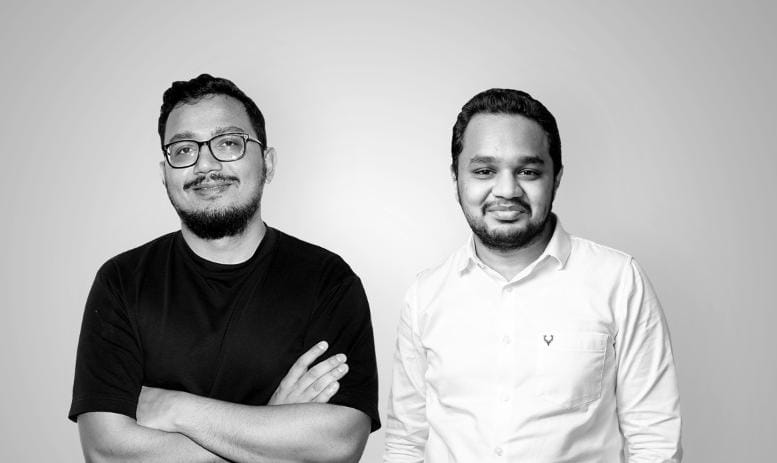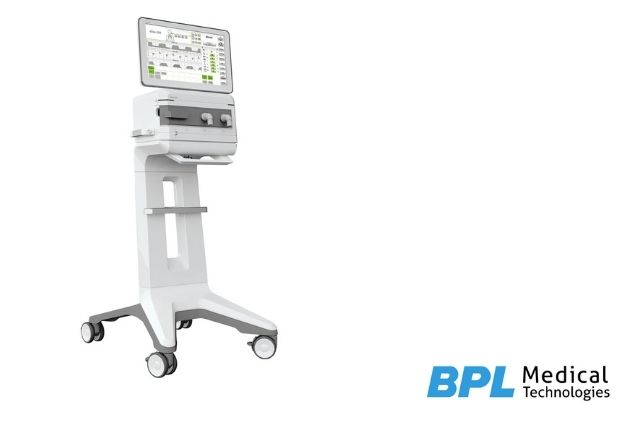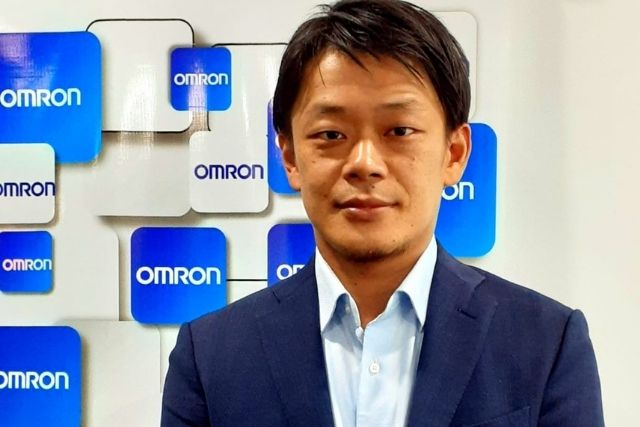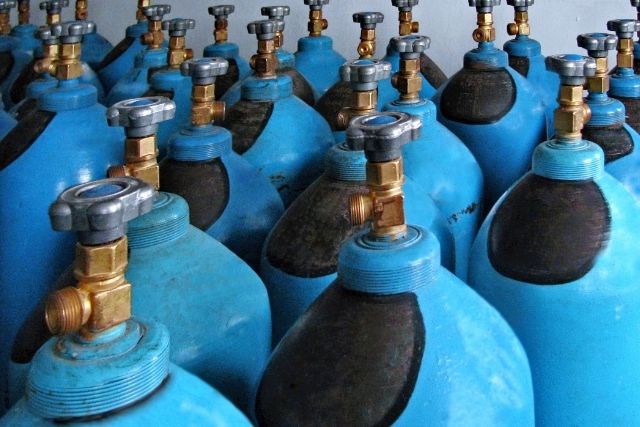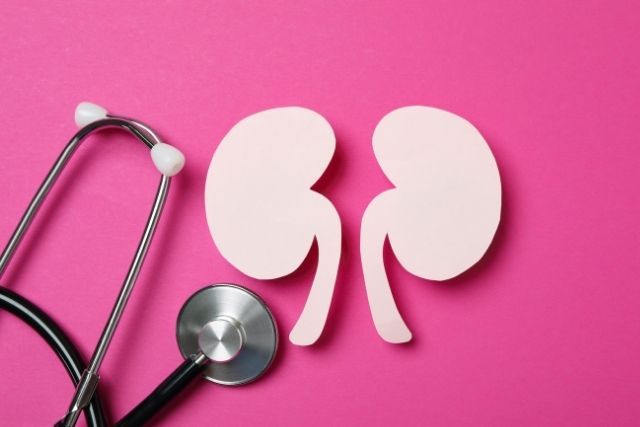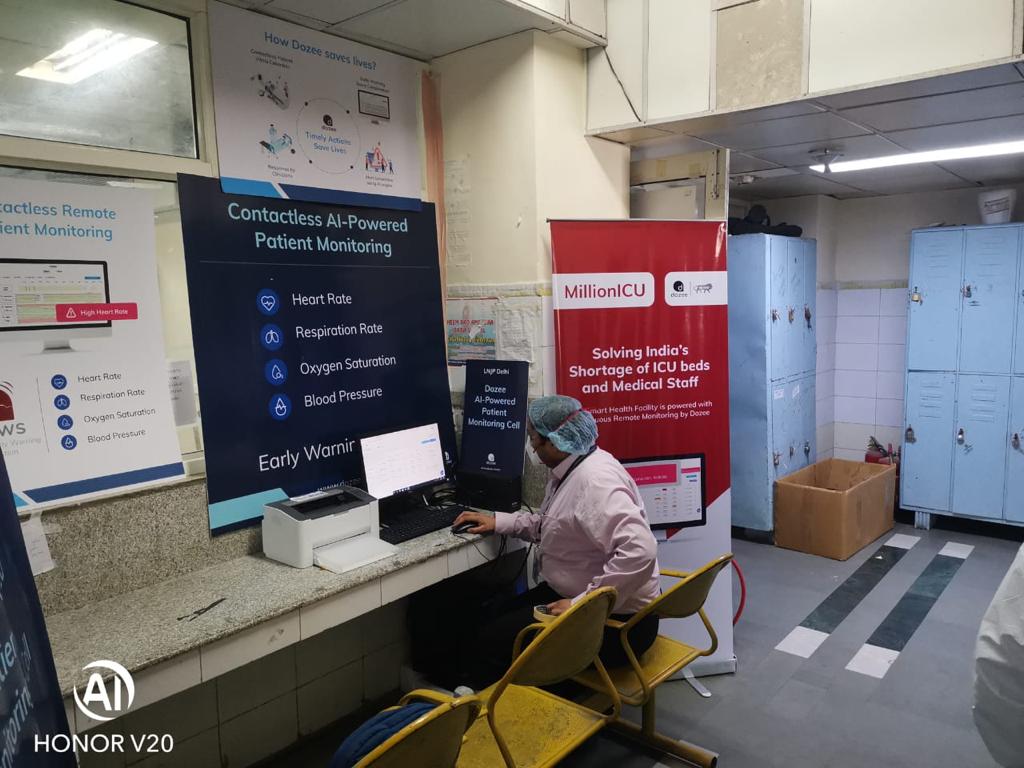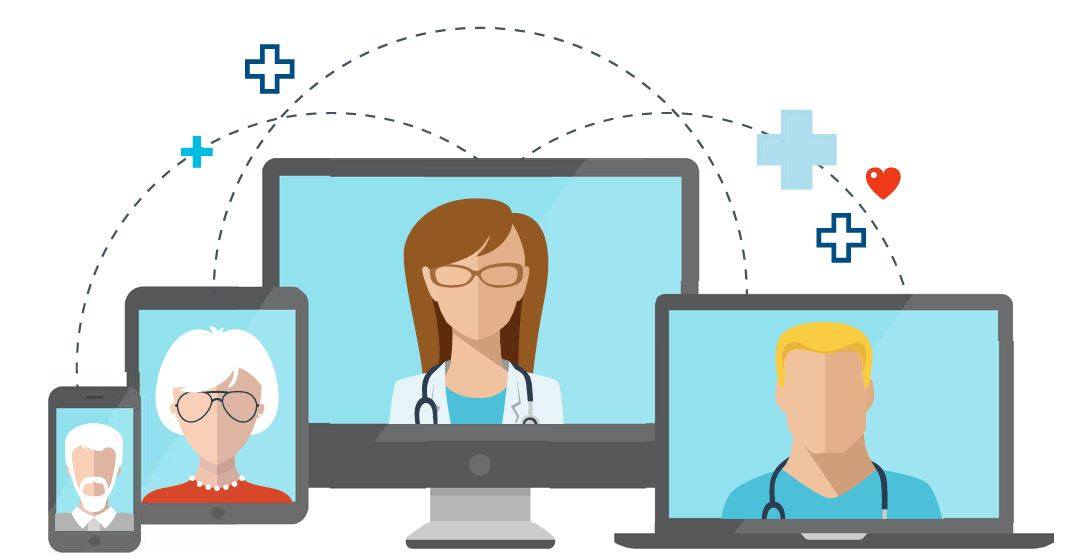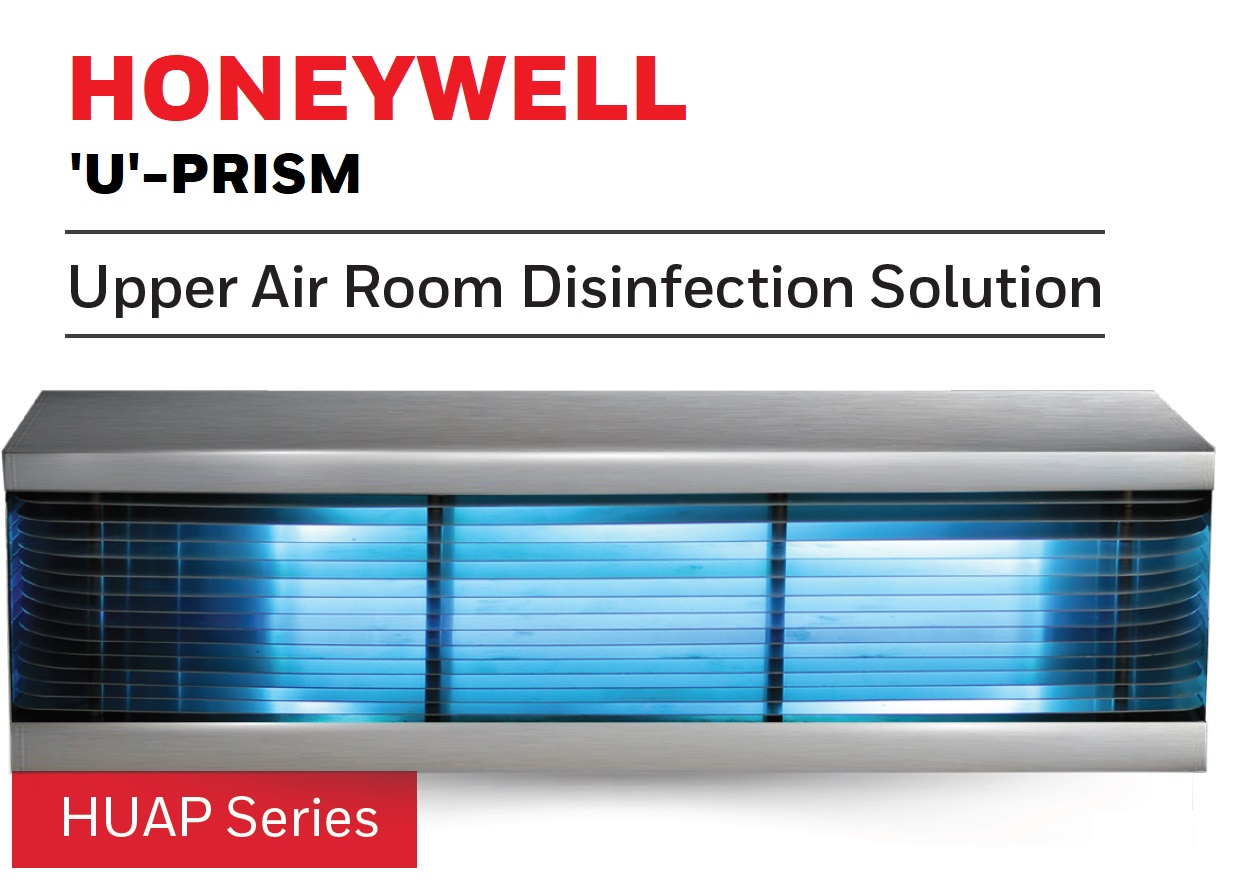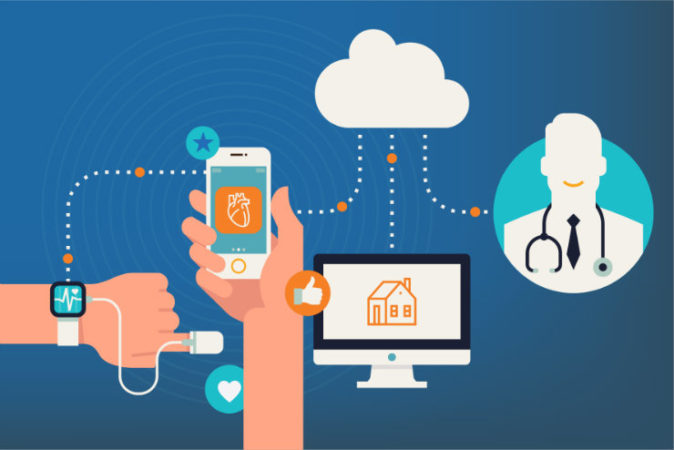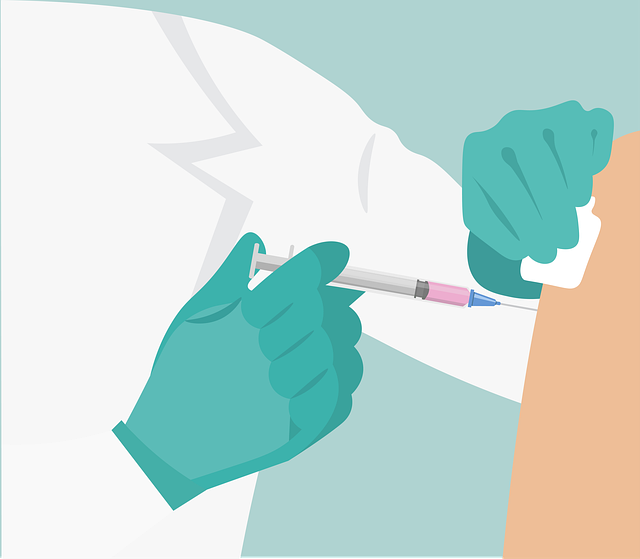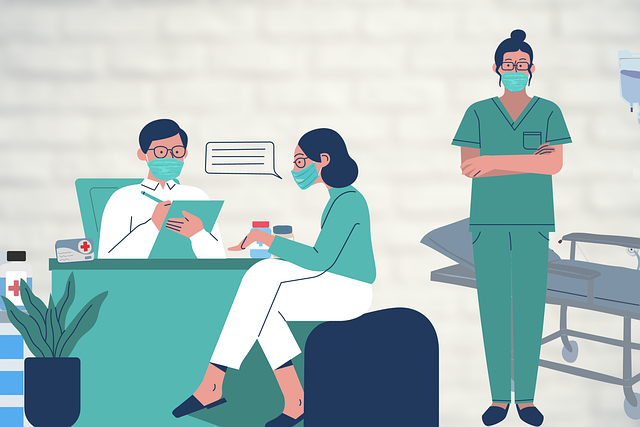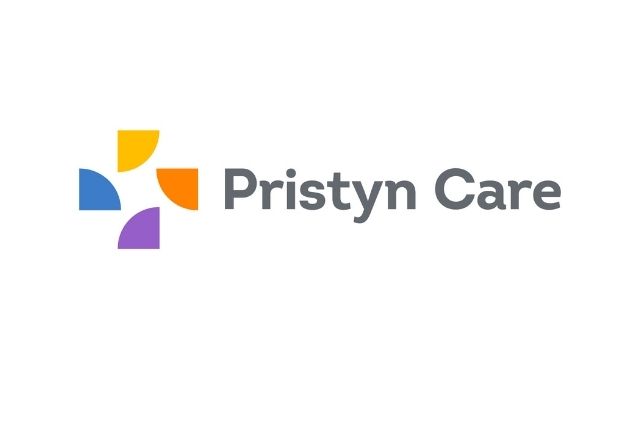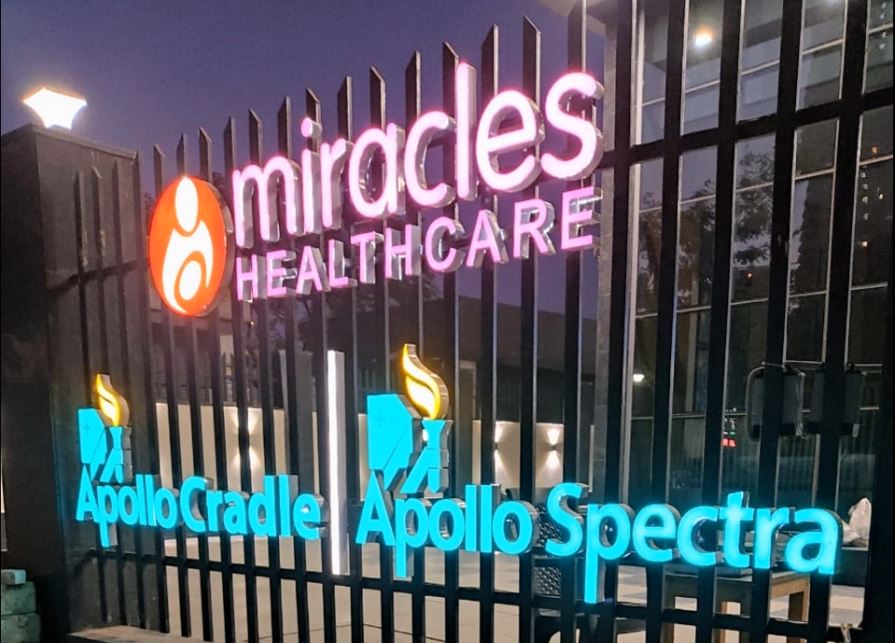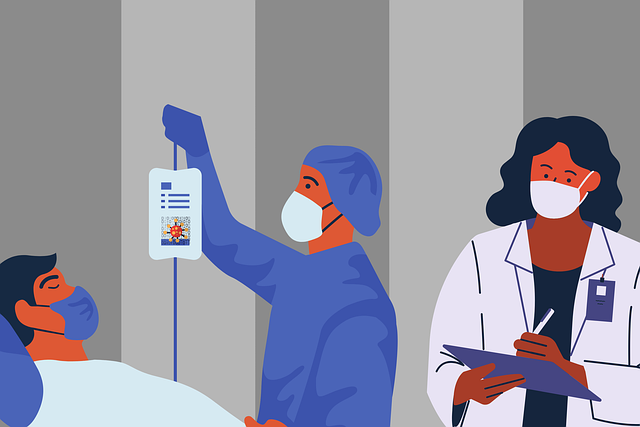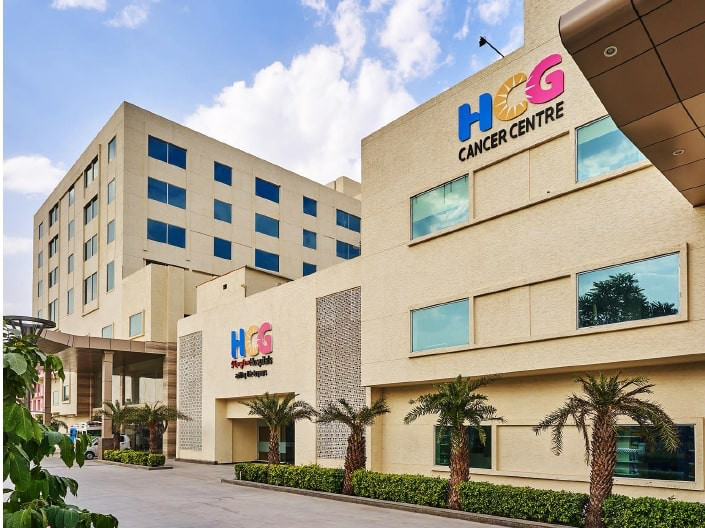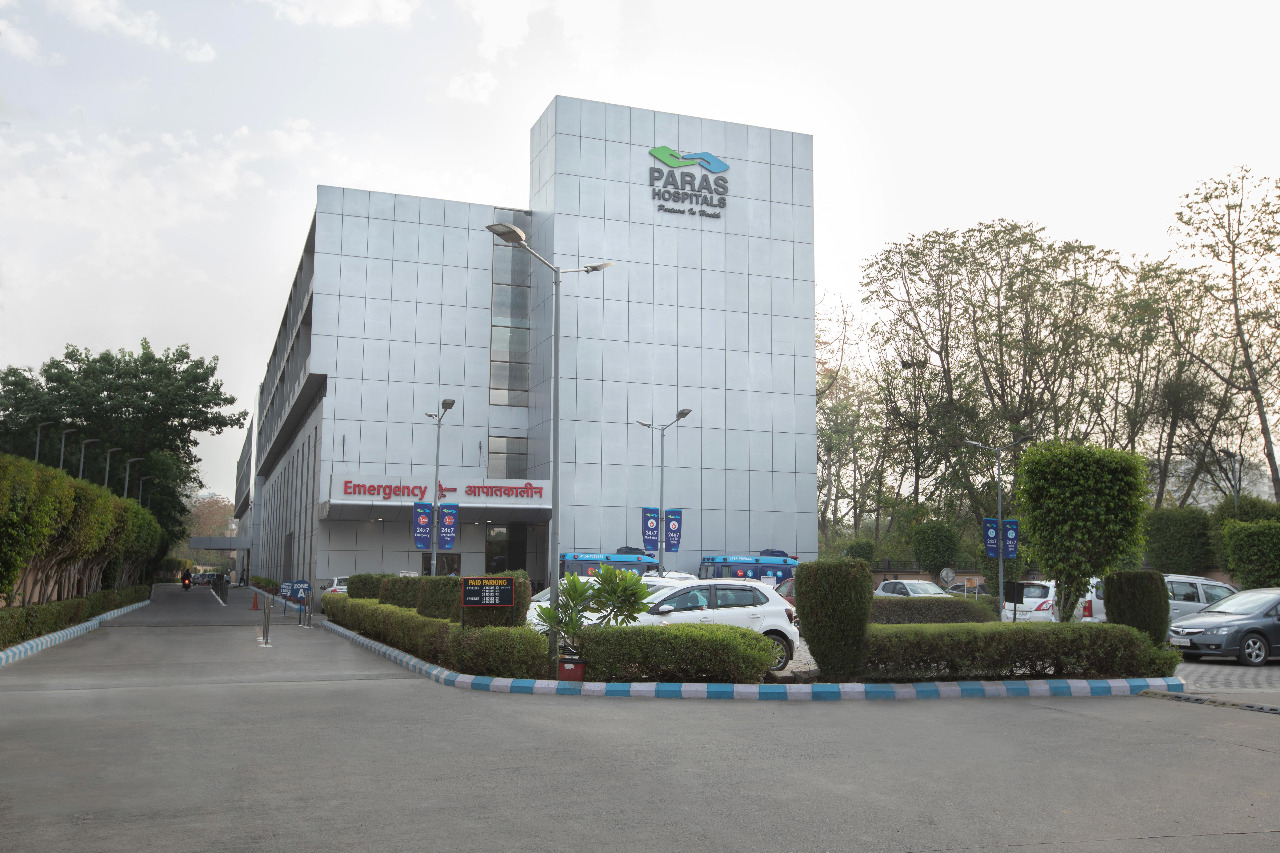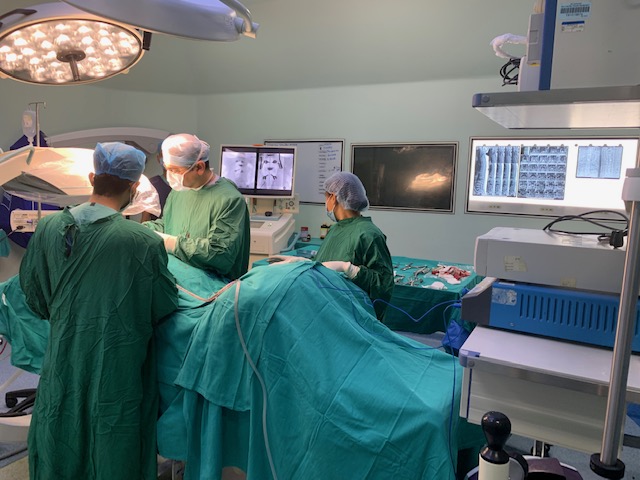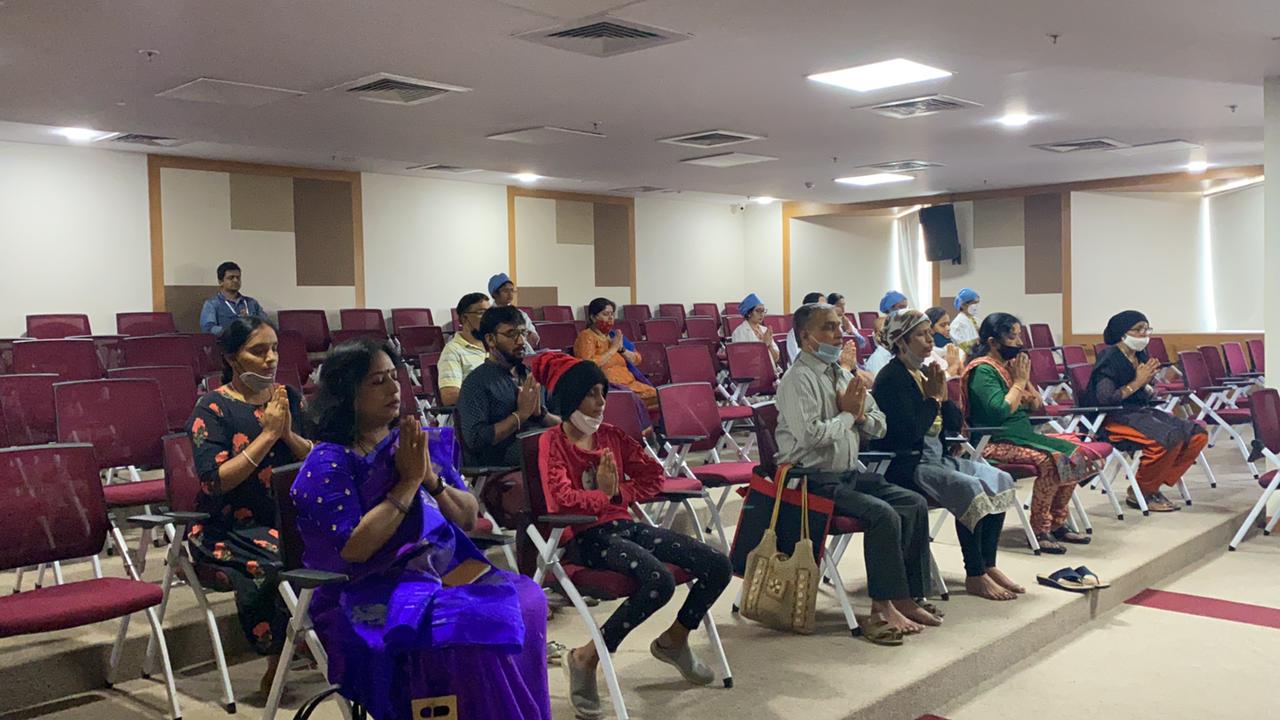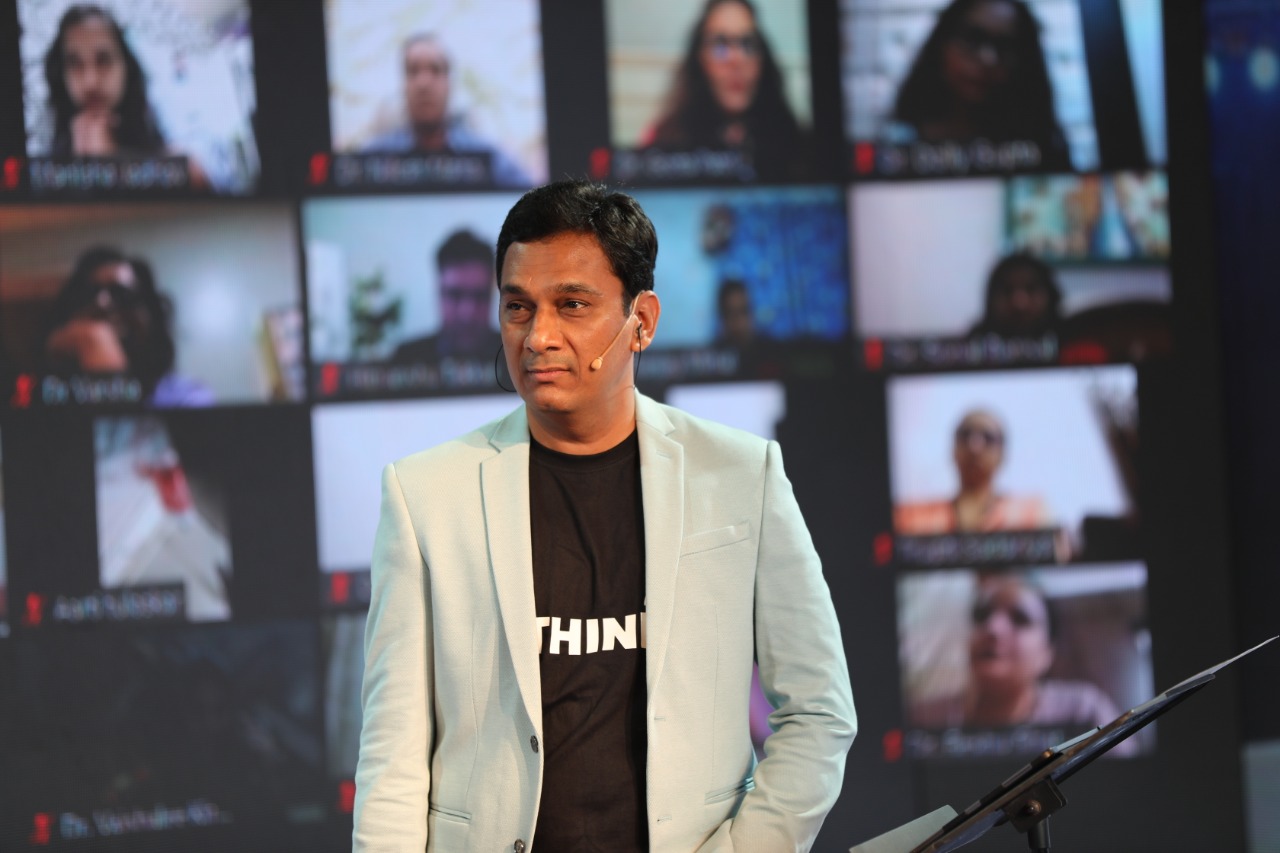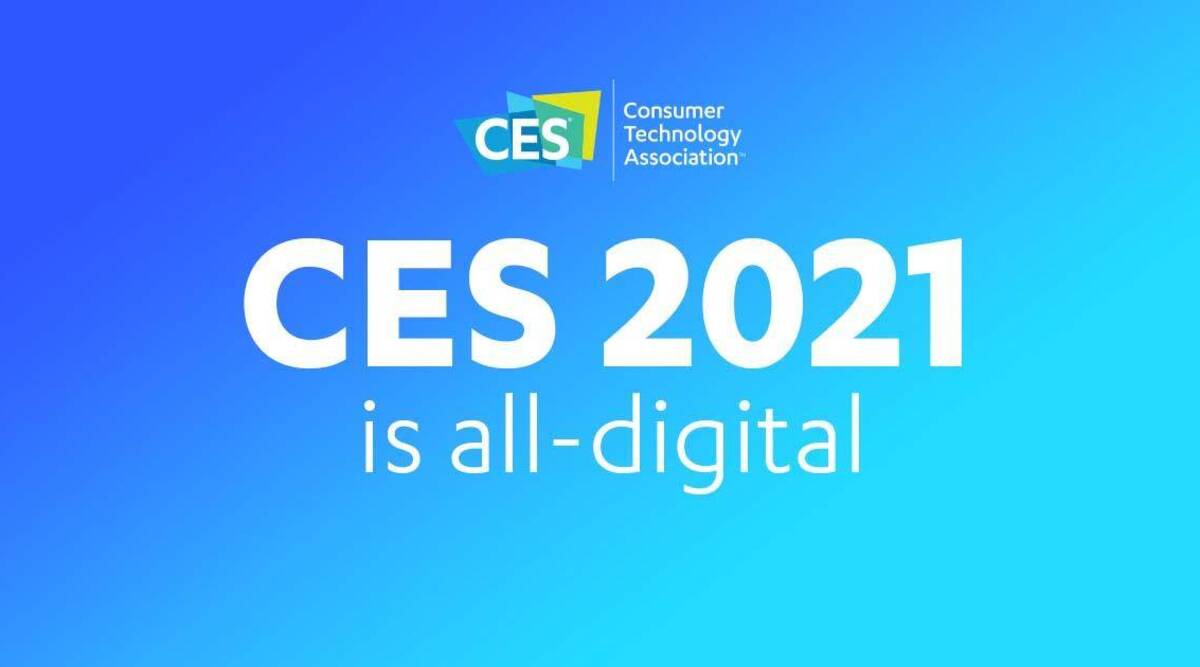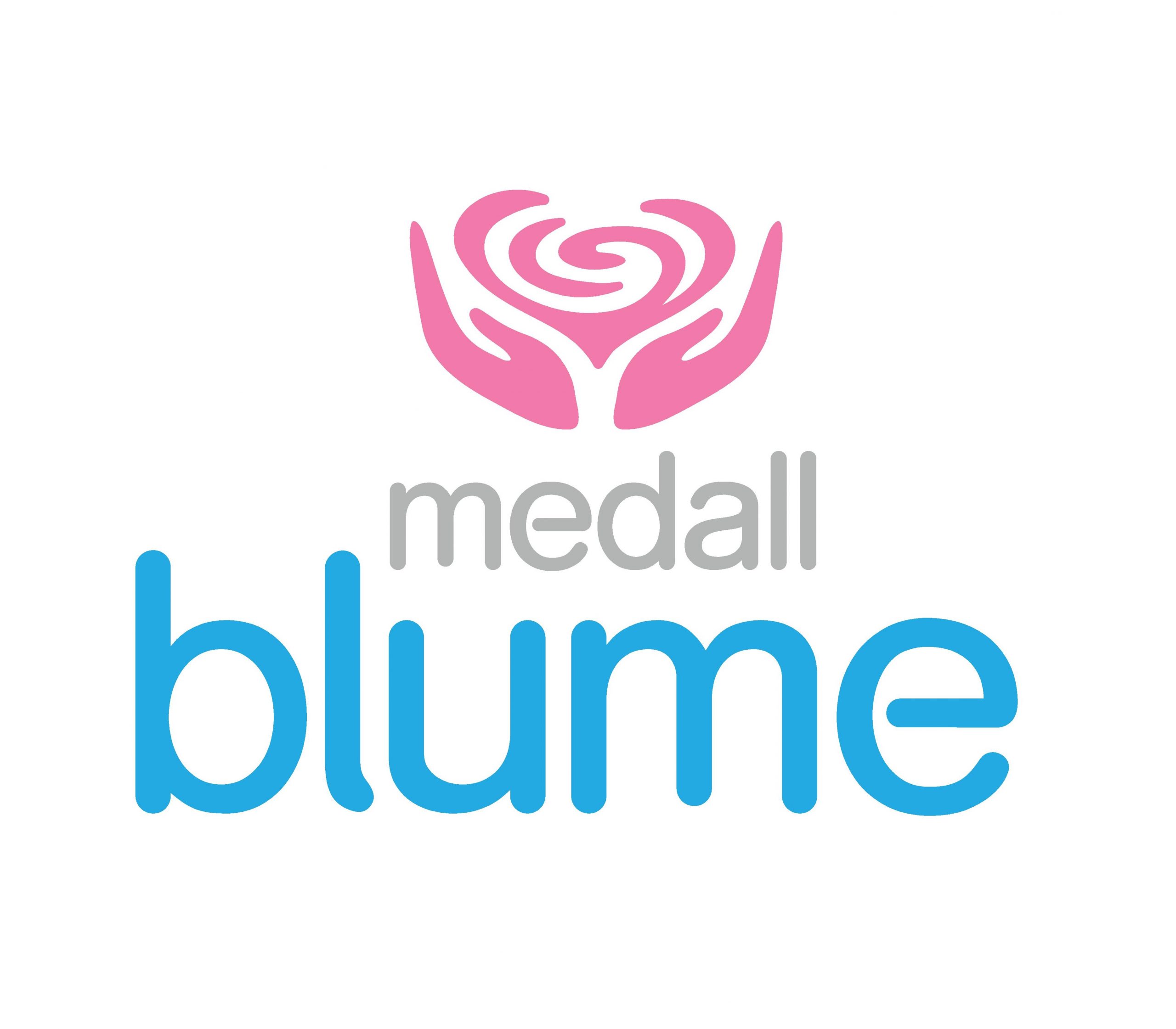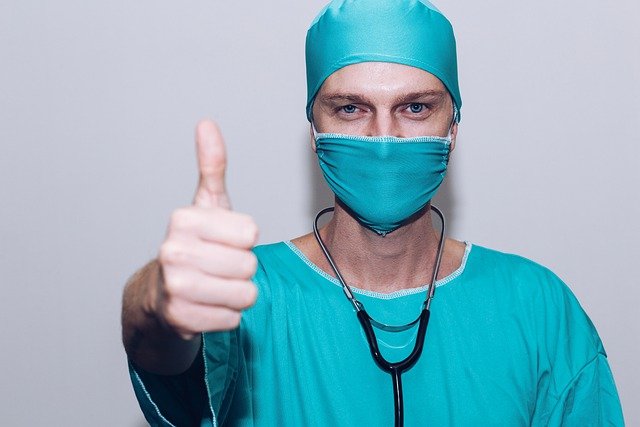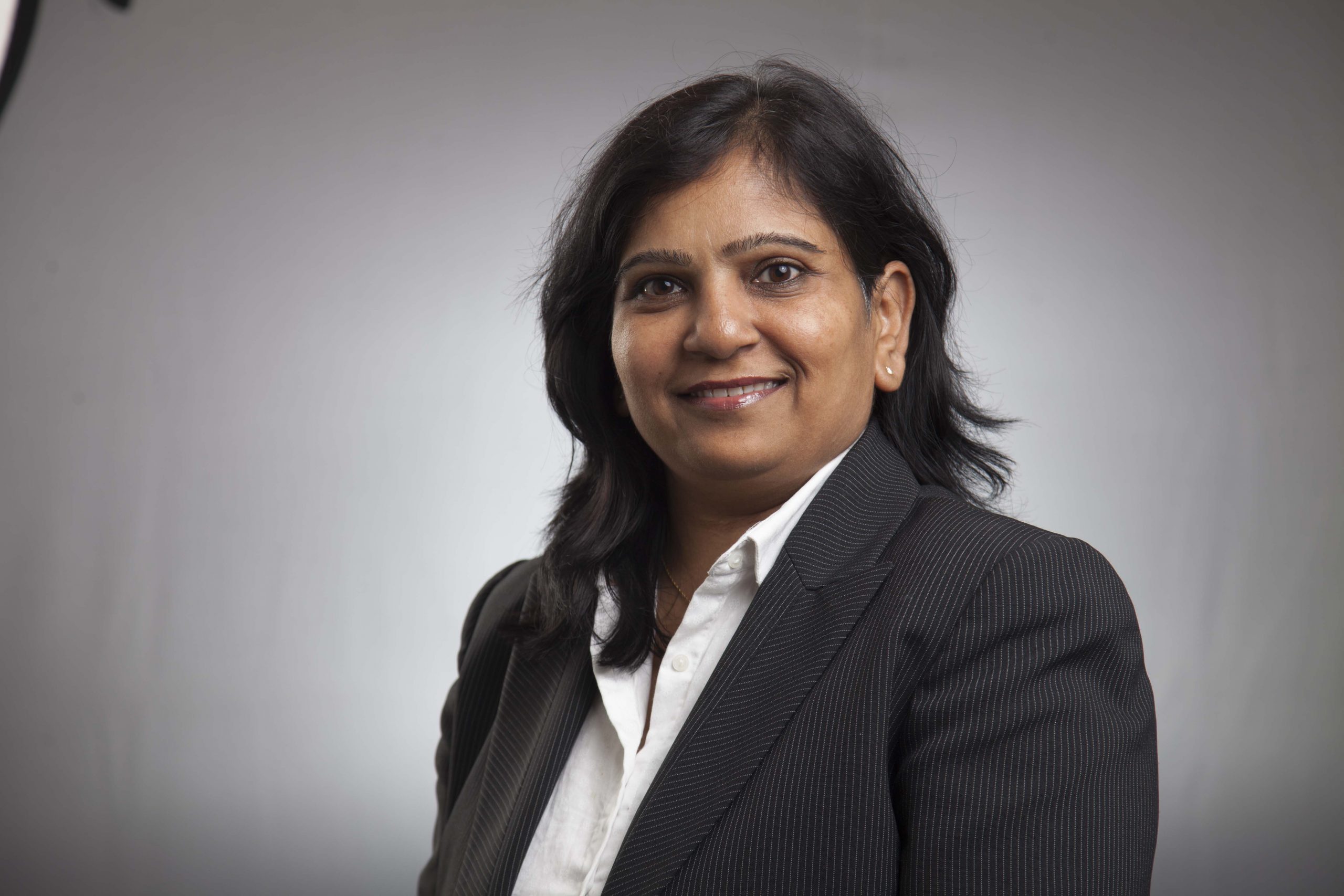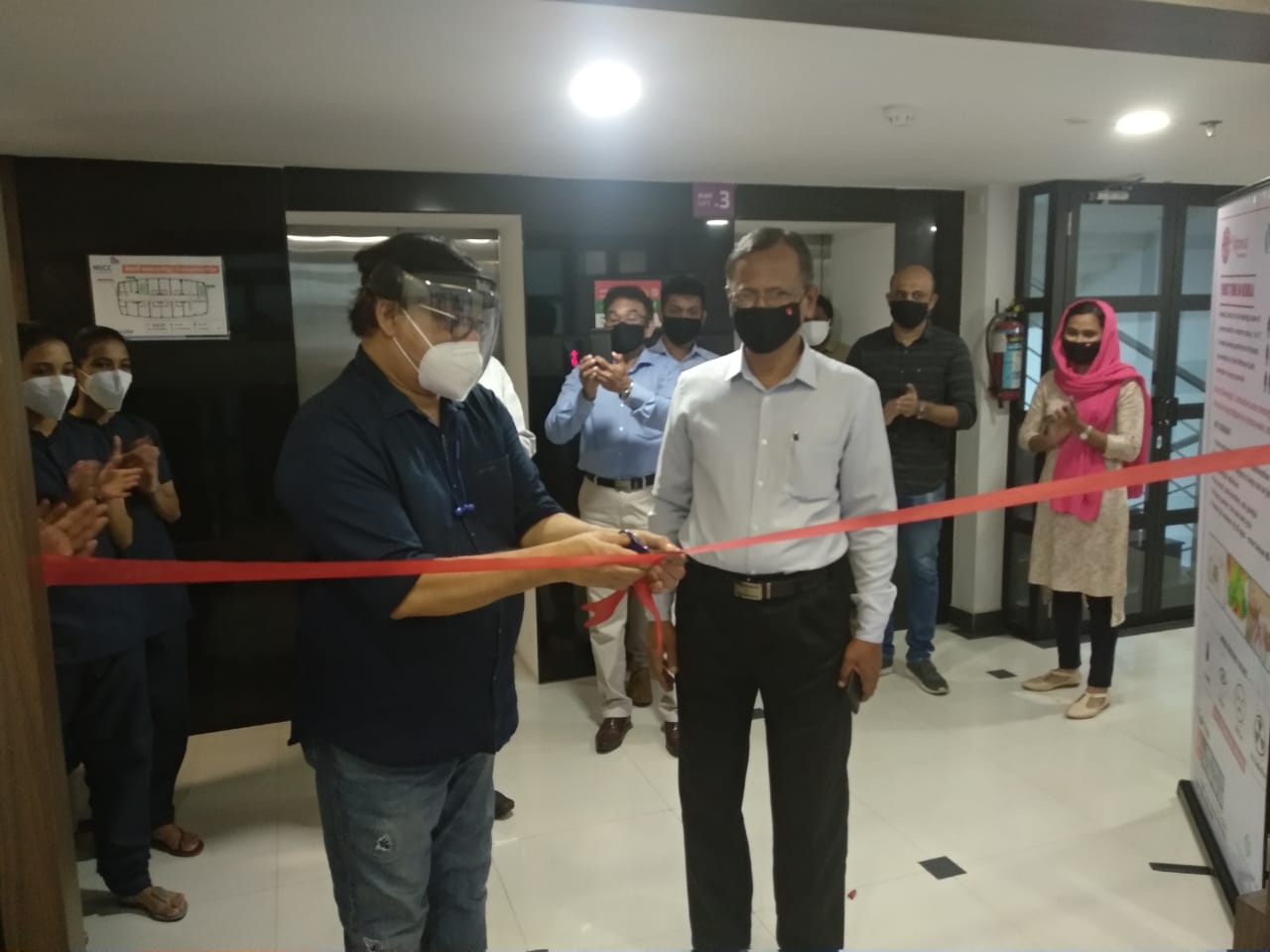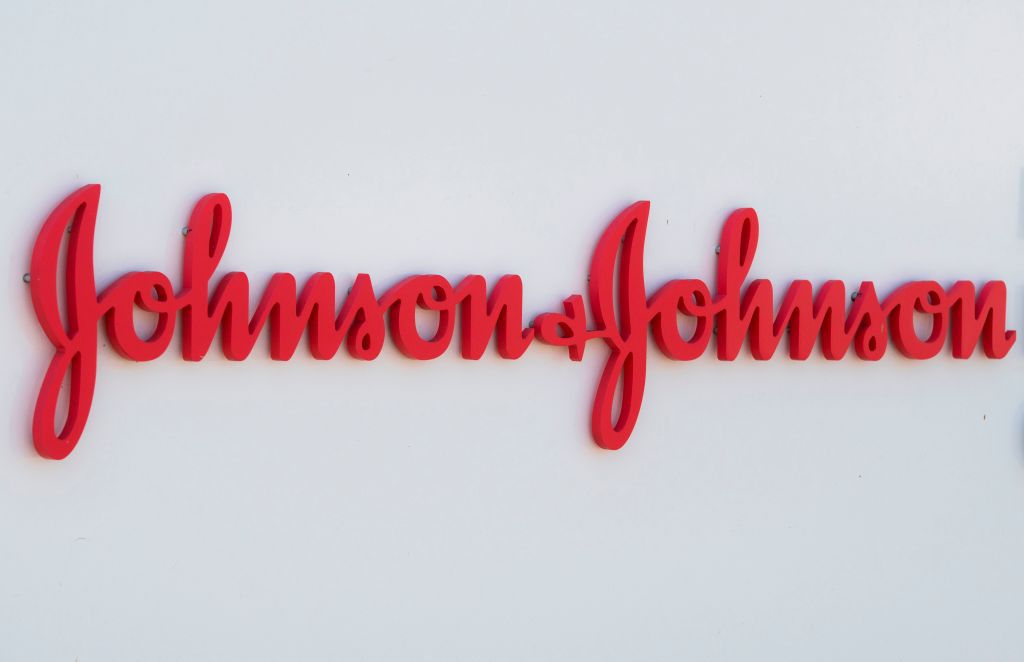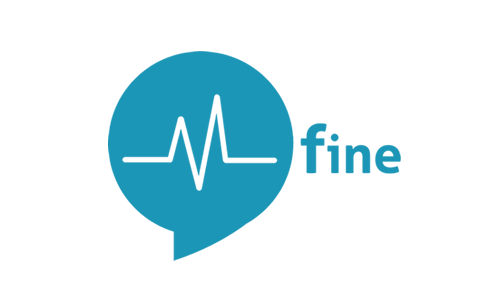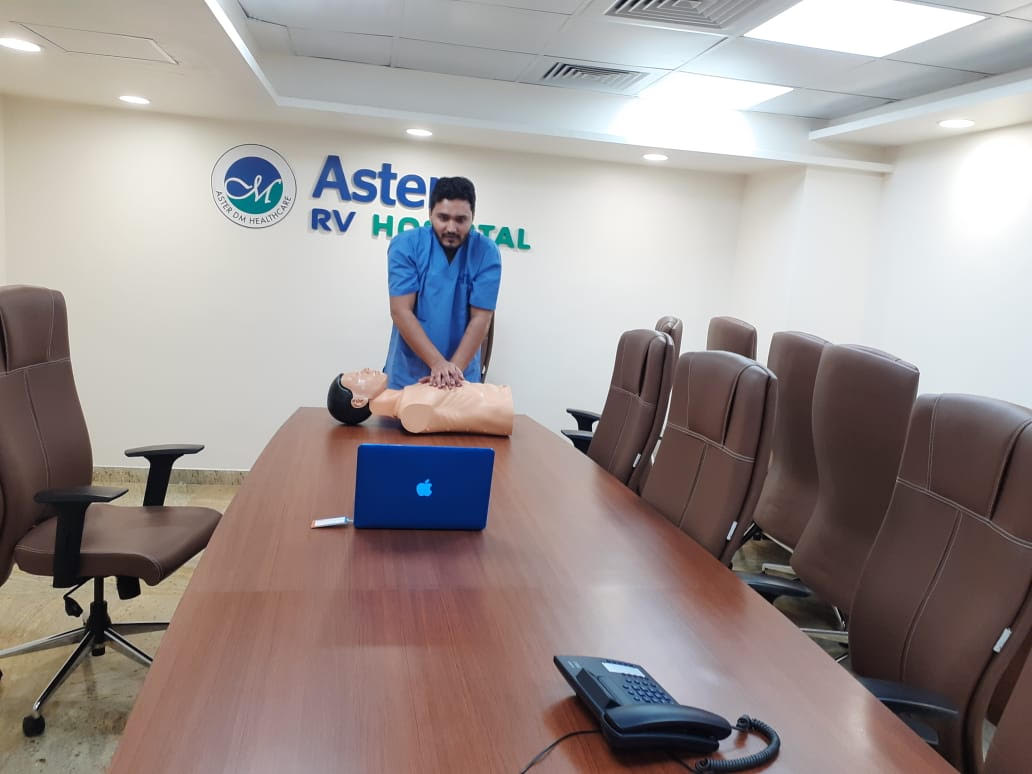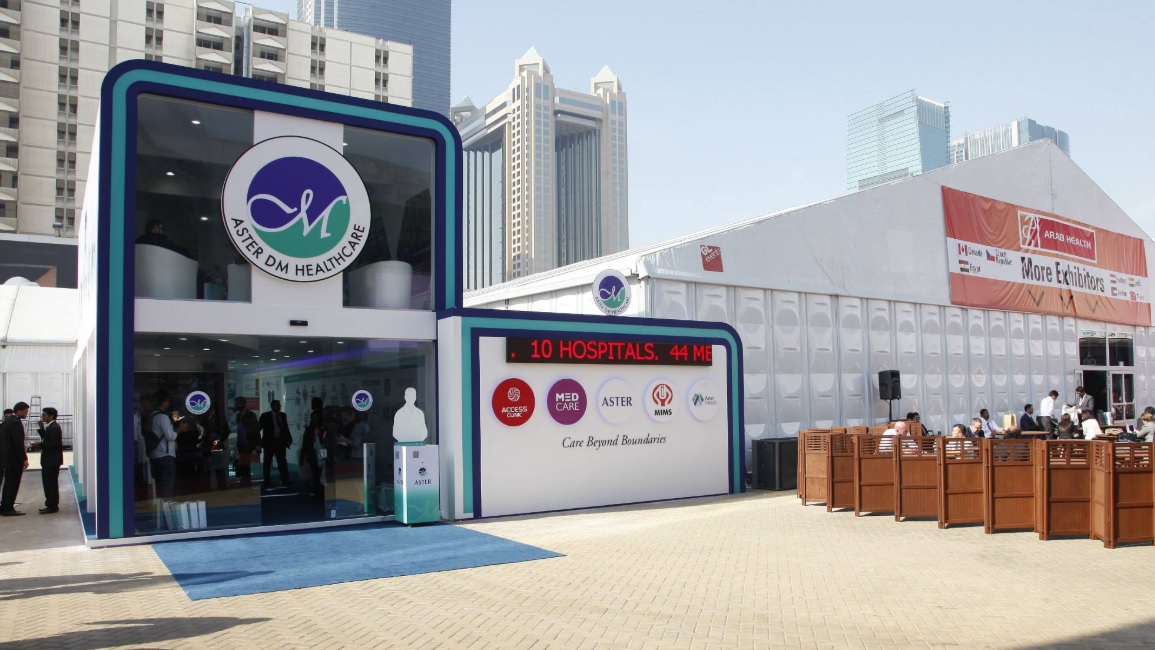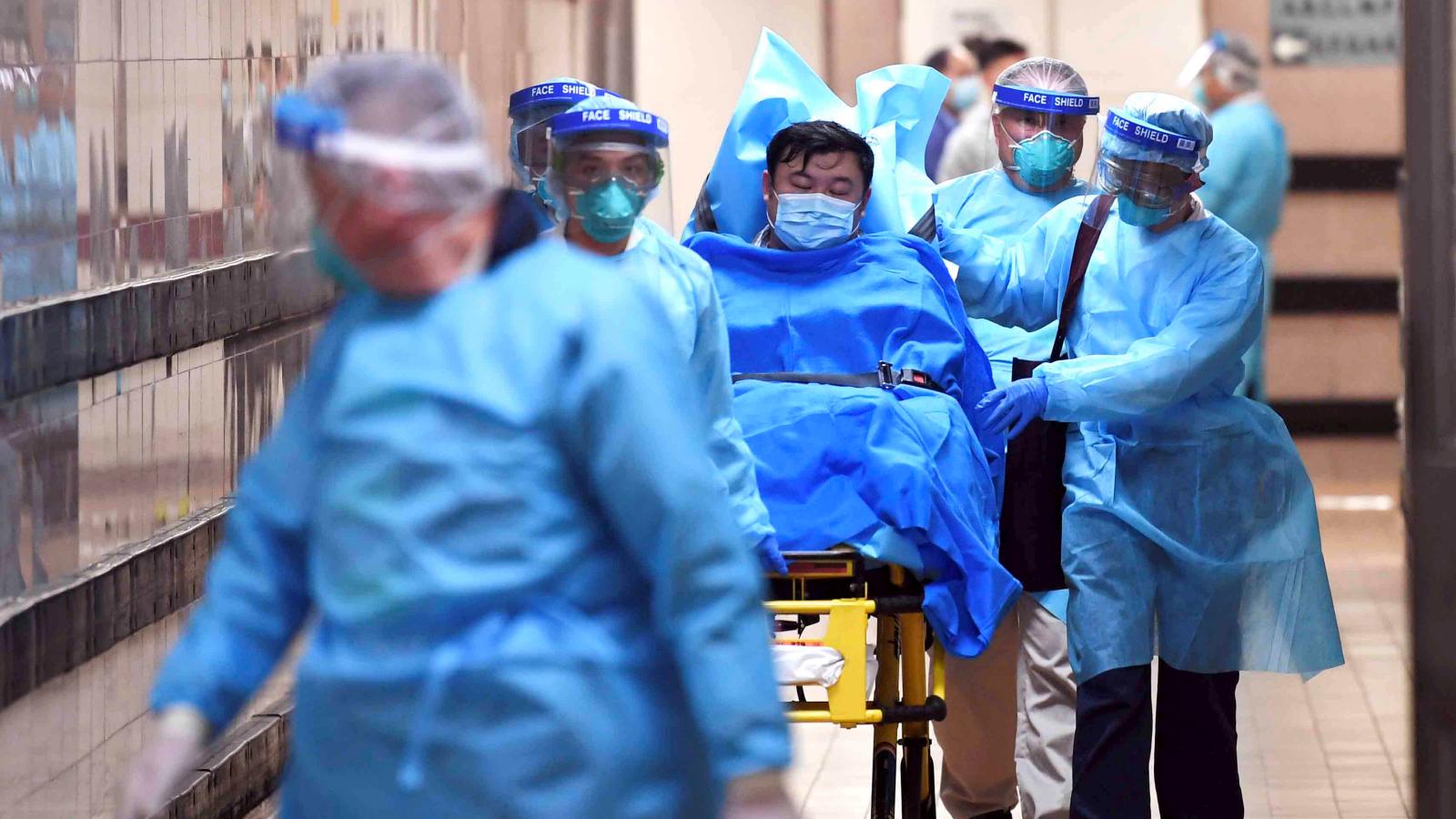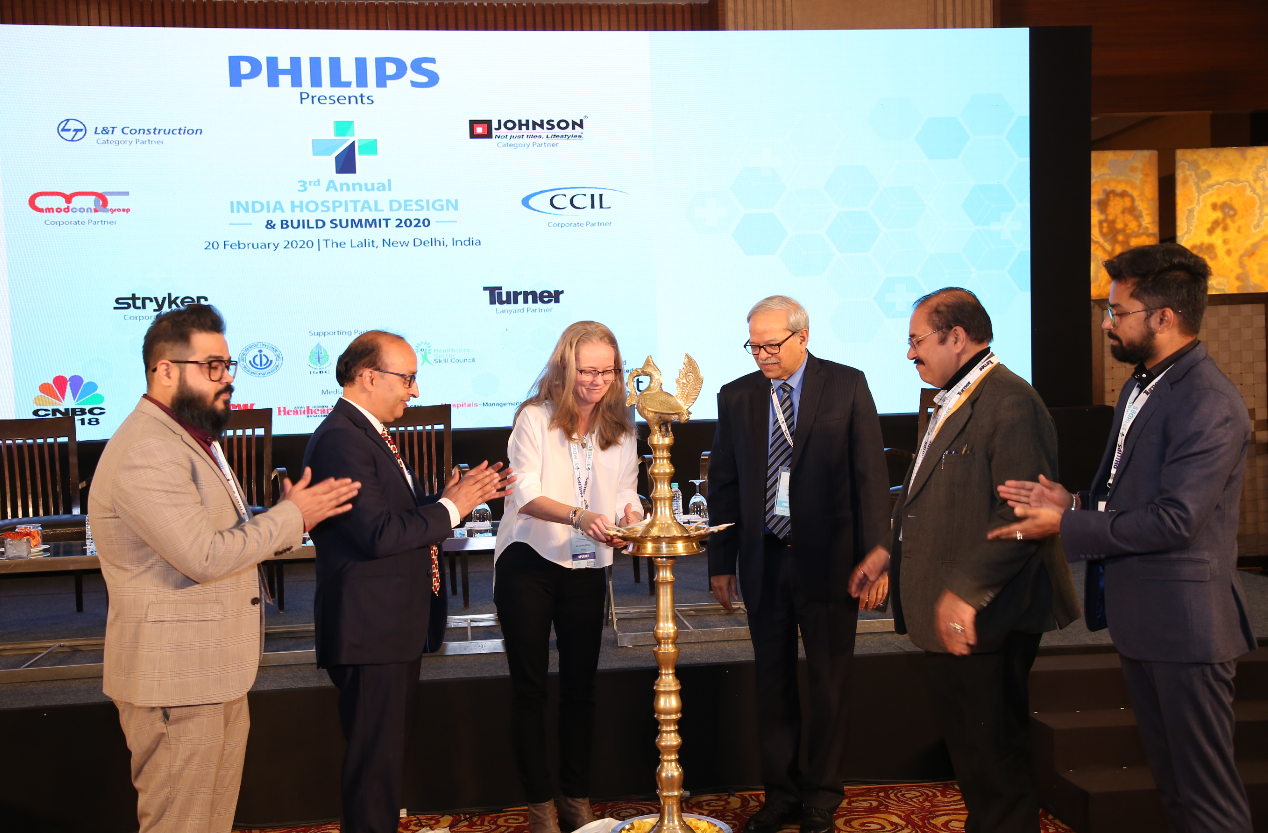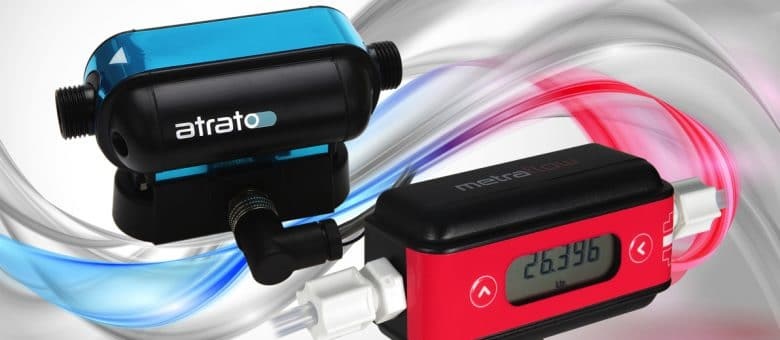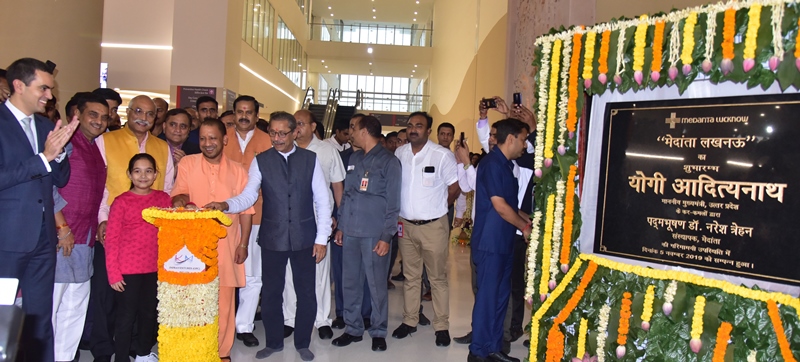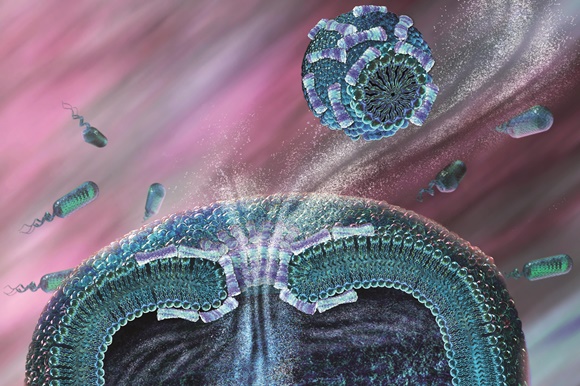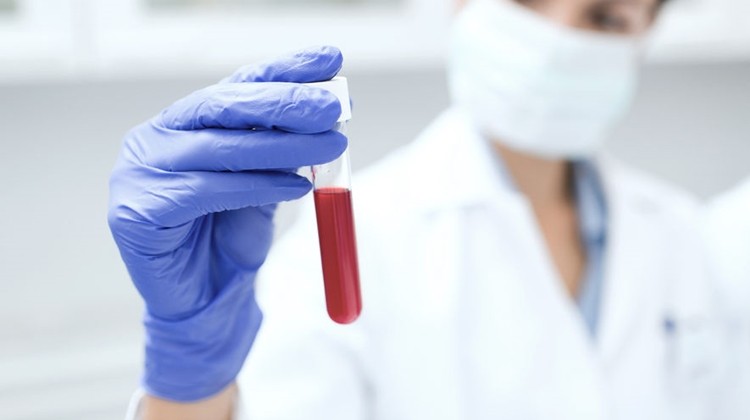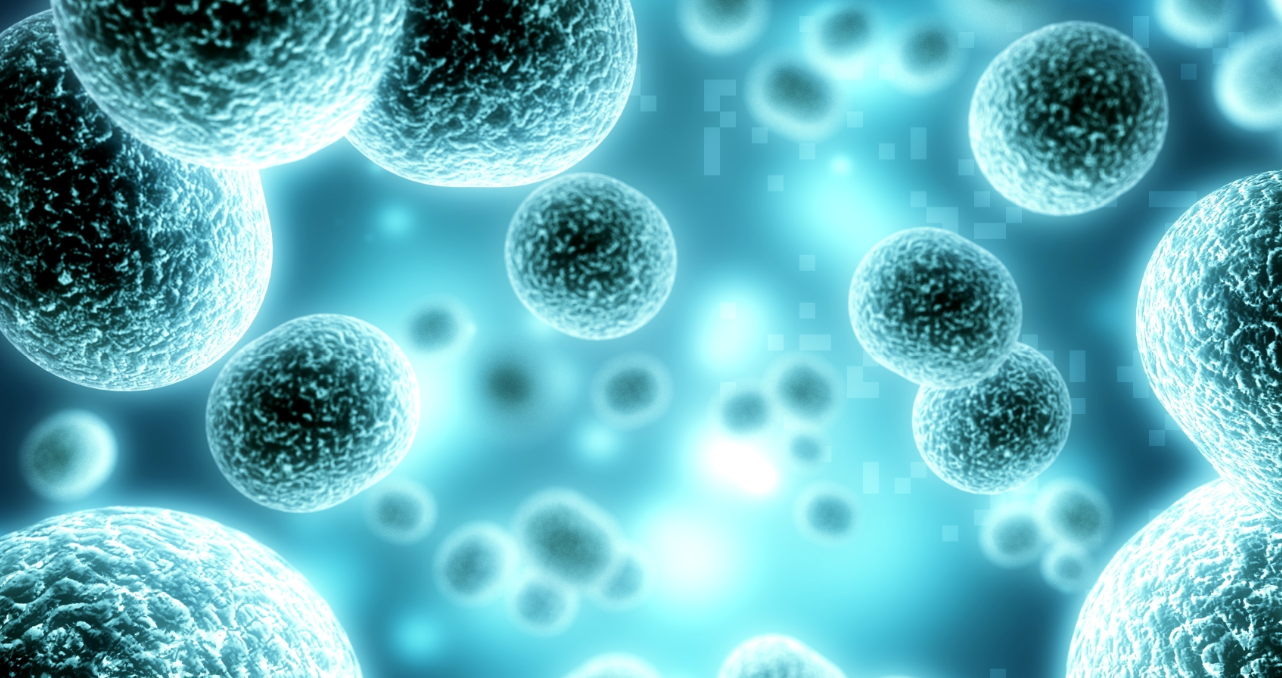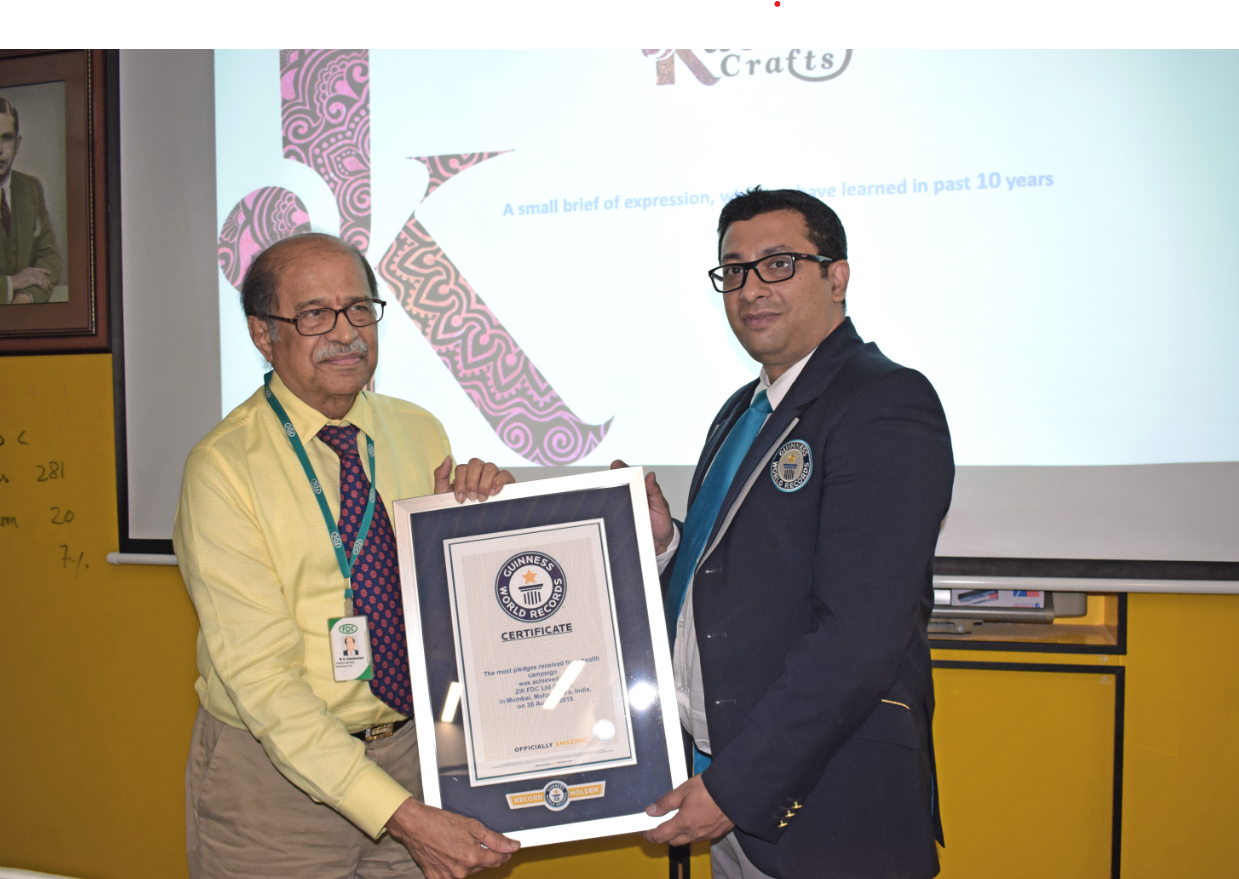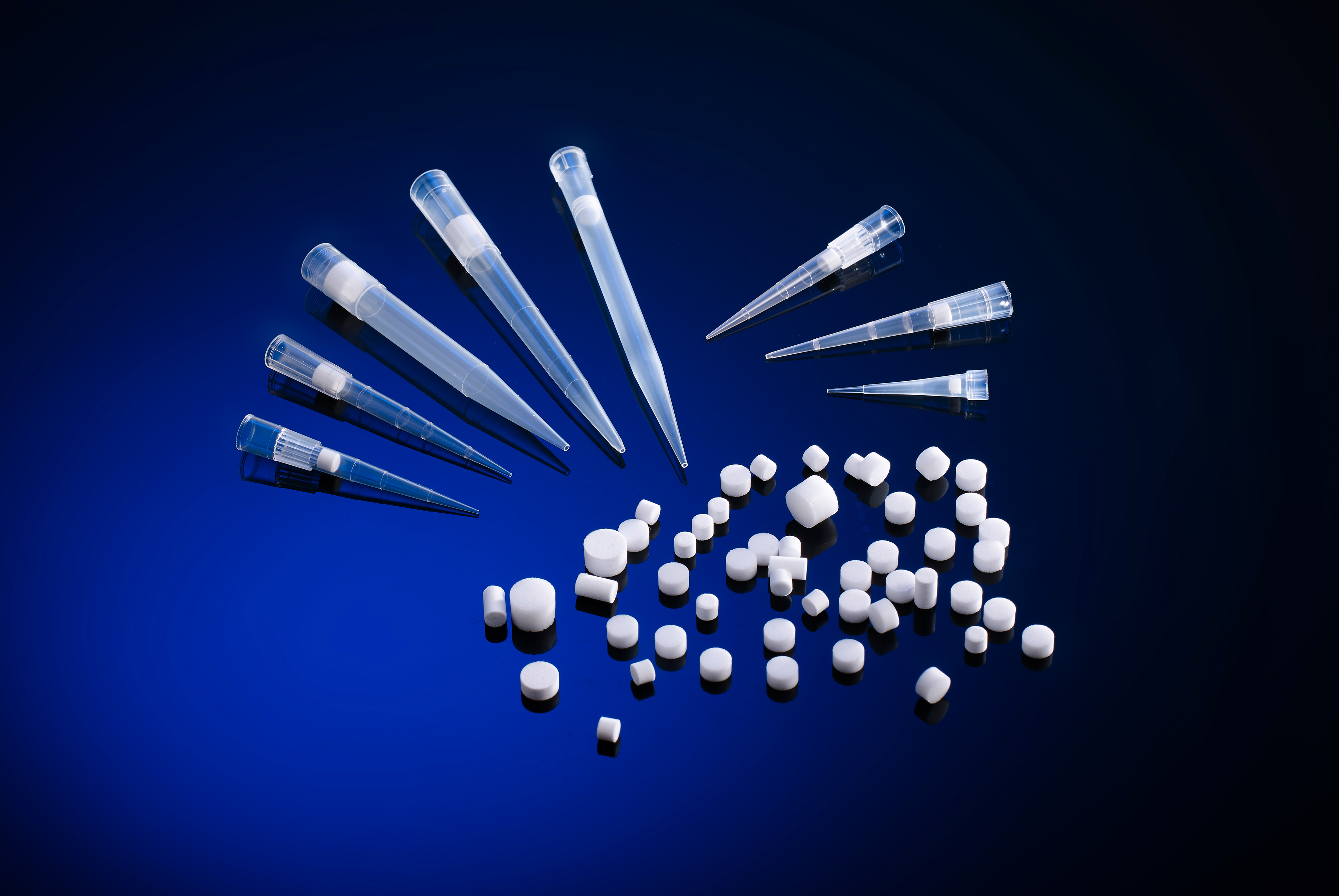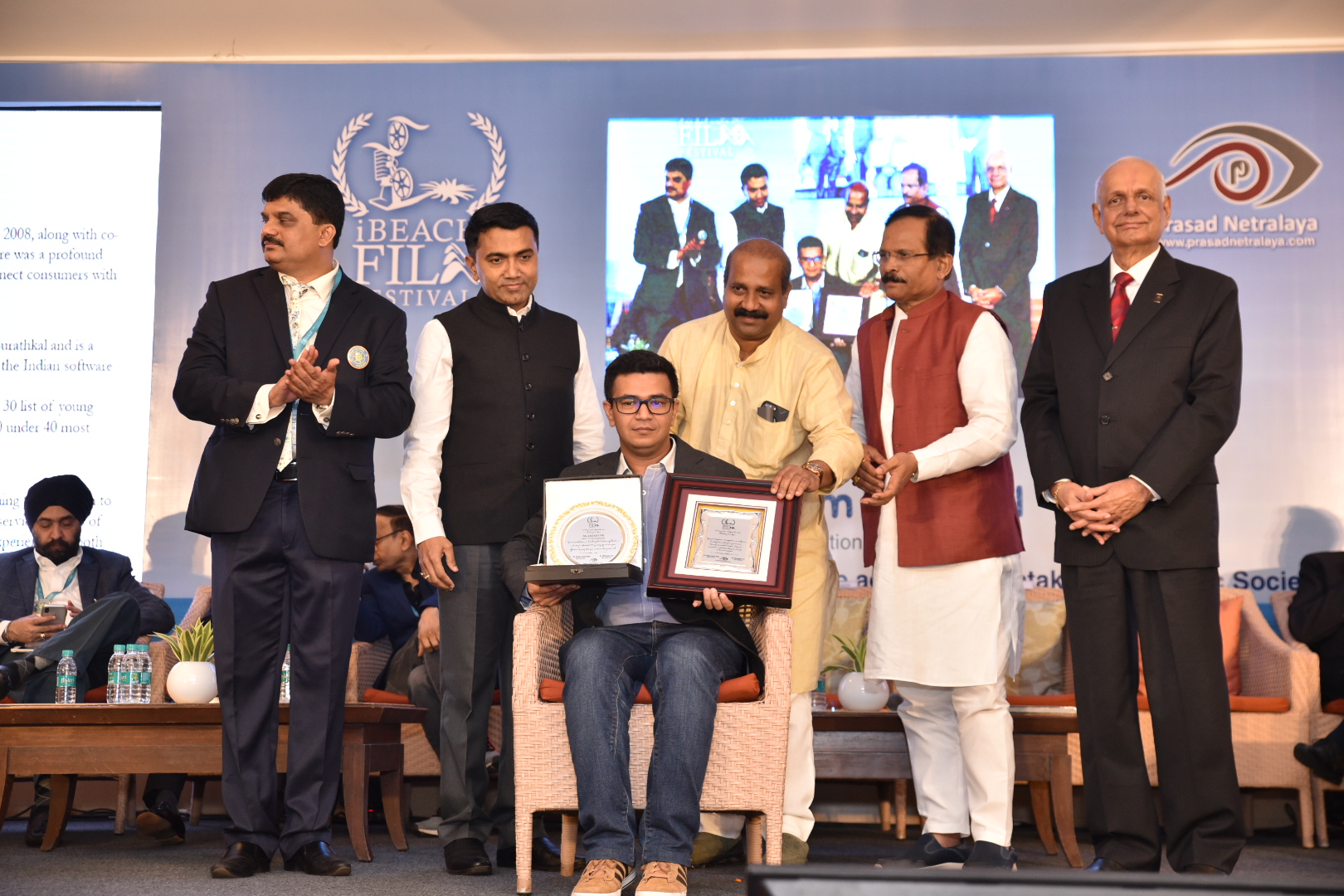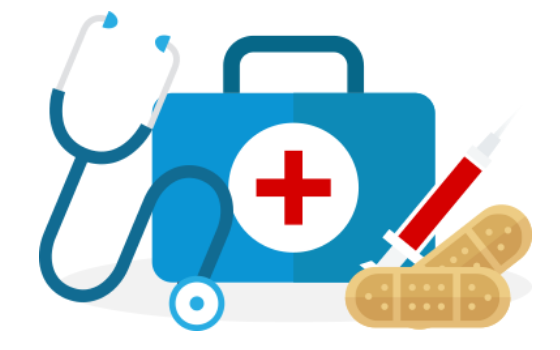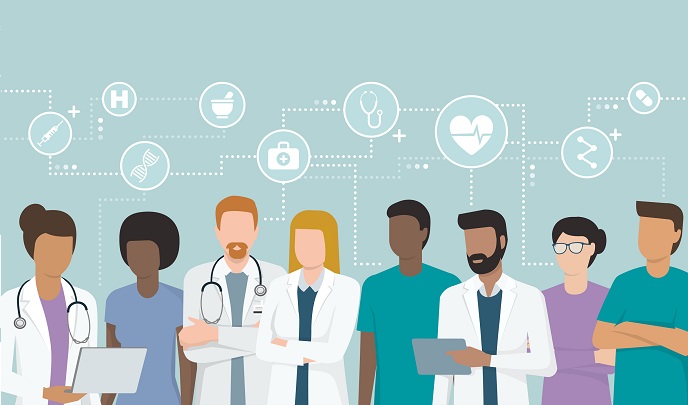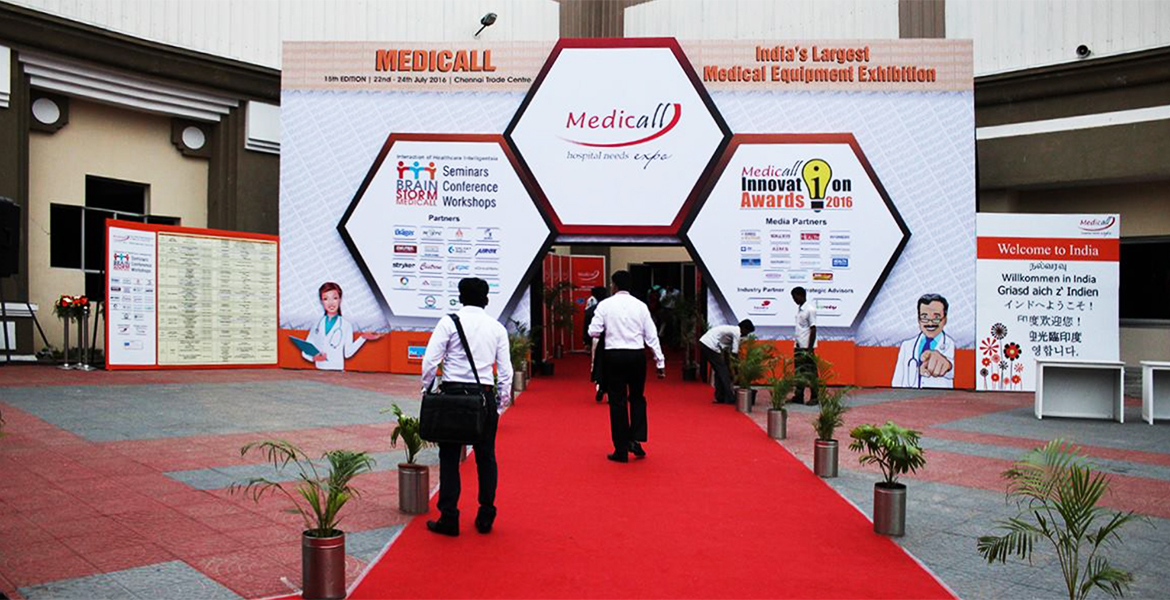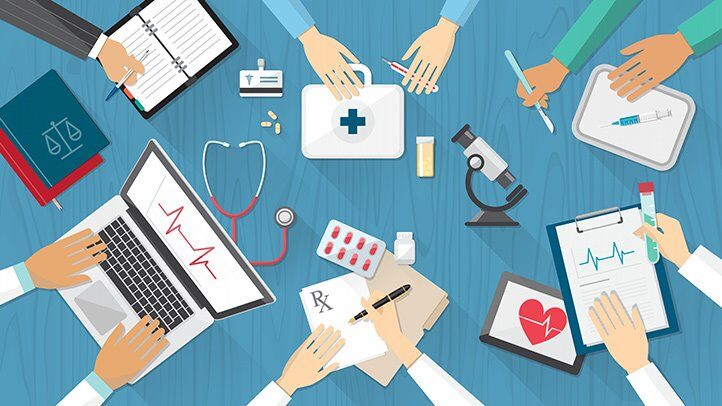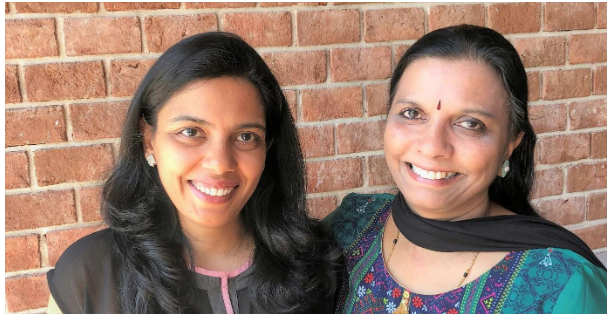Thenmozhi, Harini’s mother, faced a life-altering experience just a few months after her daughter’s birth. Harini was diagnosed with Familial Hemophagocytic Lymph Histiocytosis (HLH), a disorder impacting the body’s immune system. This debilitating disease could harm her physical and mental growth if left untreated.
A stem cell transplant was the only curative treatment option for her condition. Since the disorder is extremely rare, the cost of treatment was exorbitant. It was very difficult for her parents to arrange the necessary funds for the treatment.
Harini’s father, who worked in a factory, often had to miss work due to his daughter’s treatment. This had a severe impact on the family’s financial situation. In an effort to pay for her lifesaving treatment, he sold their only asset, a house in their village. However, the funds raised were insufficient, and they were left with no means of support. “I knew she was suffering, but I was helpless,” her father said.
The family desperately needed financial support to bear the remaining treatment cost. Just as they lost hope, her treating physician connected them with DKMS-BMST, and their Patient Funding Programme covered part of the treatment costs. Harini’s mother was a match and donated her stem cells to give her daughter a second chance at life. The transplant was successful, and the family looks positively into the future.
Like Harini, there are thousands of young patients in need of financial assistance, and DKMS, through its DKMS-BMST Patient Funding Programme, is trying to reduce the financial burden of these patients.
Every year, over 1 lakh new patients are diagnosed with various blood cancers and life-threatening blood disorders in India. The most effective treatment for such diseases is a blood stem cell transplant that helps patients live a normal life afterward. Unfortunately, getting stem cell transplants done is tough for low-income families of the society. Guidance related to treatment, financial support, and planning is the most critical factor affecting India’s access to transplantation.
DKMS BMST Foundation India, a non-profit organization, aims to save the lives of financially underprivileged patients by covering a part of the treatment costs, thus, helping them access lifesaving stem cell transplants.
Patrick Paul, CEO, DKMS-BMST informs, “As we commemorate World Health Day 2023, with the theme – ‘Health for All,’ we reiterate our commitment to help India on its mission towards providing access to healthcare by supporting blood cancers and blood disorder patients through our various programmes. The DKMS-BMST’s patient funding programme aims to improve the situation of patients who cannot access stem cell transplants due to financial constraints. The programme covers a part of the treatment costs for those patients meeting the eligibility criteria. Over the years, we have supported many patients through our Patient Funding and Thalassemia programmes. The programme has given many youngsters from various parts of the country a new lease on life. Further, we also collaborate with our partner agencies to help patients receive assistance in searching for other funding sources to cover the treatment and related costs.”
Under the DKMS-BMST Thalassemia programme, DKMS-BMST cooperates with local NGOs and transplantation clinics that organize events where pediatric Thalassemia patients and their siblings provide buccal swab samples for free HLA typing. In cases where there is no matching sibling for a sick child, we also help them in an unrelated donor search, adds Patrick.
Success Stories
Harleen
Harleen was diagnosed with Beta Thalassemia at a very early age. She was on continuous blood transfusions from the age of 1.5 yrs. Initially, she received blood every 15 days, and later she started requiring 3 units of blood transfusion every month.
In 2021, CMC Ludhiana Hospital conducted a free HLA typing camp in association with DKMS-BMST at their center, where Harleen and her elder brother Indrajeet gave their cheek swab sample for testing. Later Harleen found a perfect match with her brother. However, the family could not afford the transplant’s cost due to their financial condition. The family applied for various government schemes and crowdfunding platforms. Even then, there was a substantial shortfall which was also unaffordable to Harleen’s parents due to their dire financial condition.
In March 2022, the case was referred to the DKMS-BMST Patient Funding Programme. Upon evaluation of the document and approval from the Medical Advisory Committee, Harleen received confirmation of Patient Funding support in April-2022. Harleen successfully underwent her transplant in August-2022 and has received a second chance at life.
Mohith
Mohith was diagnosed with Aplastic Anemia, a severe blood disorder, when he was just 3 years old. His blood count was very low, and he was put on blood and platelet transfusions to maintain his blood levels. The doctors suggested that Mohith undergo a stem cell transplant for complete recovery, and fortunately, his 6-month-old baby brother Sudharshan’s HLA matched with Mohith. However, the cost of the transplant was exorbitant for the family.
Mohith’s family came from a very underprivileged economical background and survived on daily wages. They tried borrowing money and taking loans but were lent only until they could finance his transfusions and were completely out of funds for his transplant. It was hard for them to survive every day, and Mohith’s illness was drowning them in debt and making their lives difficult.
During treatment at ICH Hospital, Chennai, the treating doctors referred Mohith’s parents to take the support of DKMS-BMST. Mohith’s case was evaluated, and the Patient Funding Programme provided part of the treatment cost required for the transplant. Mohith received the stem cells of his younger brother and underwent a successful stem cell transplant in February 2022 and has completely recovered.









